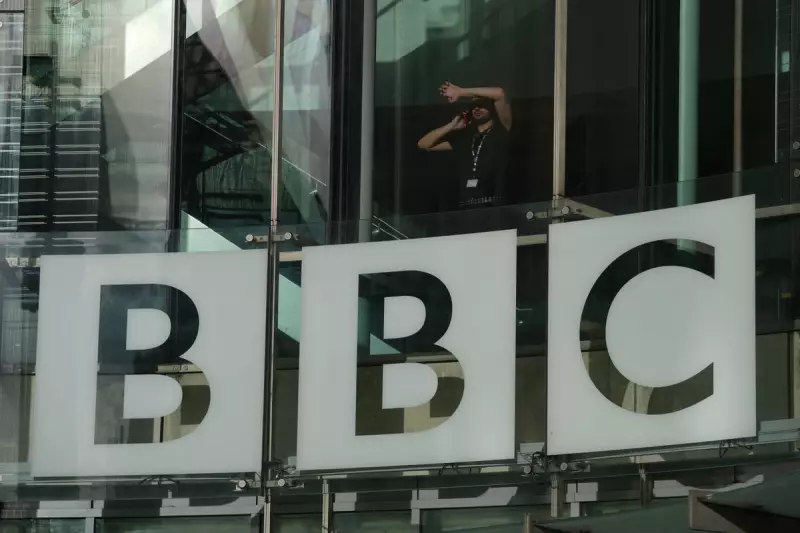
The BBC is under intense pressure as a Friday deadline approaches for its response to a $1 billion lawsuit threat from former US President Donald Trump. The legal action, which could be unprecedented in scale, centres on a Panorama documentary that Mr Trump claims defamed him by selectively editing his speech from 6 January 2021.
The Core of the Controversy
Speaking to Fox News, Donald Trump asserted that the BBC had fundamentally misrepresented his address. "They actually changed my January 6 speech, which was a beautiful speech, which was a very calming speech, and they made it sound radical," he stated. His lawyers have sent a formal letter to the corporation, demanding a response by the end of the week.
The political fallout has reached the highest levels of the UK government. During Prime Minister's Questions, Liberal Democrat leader Sir Ed Davey urged Sir Keir Starmer to tell the US president to drop his demand, branding it an attempt to "destroy our BBC." In response, the Prime Minister affirmed his belief in a "strong and independent BBC" but added that the corporation must "get their house in order" when errors occur.
Significant Legal Hurdles
Despite the high-stakes threat, media lawyers point to substantial legal obstacles Mr Trump would face in a Florida court. A key requirement under the state's defamation laws is that the allegedly defamatory material must have been available to view within Florida.
Media lawyer Mark Stephens explained that if the Panorama episode, titled "Trump: A Second Chance?", was not broadcast on iPlayer in the US or on the BBC's global feed in that state, it could create an early "stumbling block" for the lawsuit. The BBC has not confirmed the programme's availability in Florida, making this a pivotal point of contention.
A Corporation Under Scrutiny
The crisis has exposed the BBC's vulnerabilities. Its former director-general, Lord Tony Hall of Birkenhead, told parliament that the broadcaster is "more vulnerable now than ever." While he acknowledged the editing of Mr Trump's speech was "wrong and damaging," he echoed sentiments that there is "no institutional bias" at the corporation.
The situation has also intensified scrutiny of the BBC's leadership and governance. Outgoing director-general Tim Davie cited the relentlessness of the role, the upcoming Charter renewal, and criticism of the Panorama documentary as factors in his departure. Furthermore, board member Sir Robbie Gibb faces calls to resign, with Sir Ed Davey labelling him a "Conservative crony" in the Commons.
As the Friday deadline looms, the BBC's legal team is carefully preparing its response, a move that media lawyer Rupert Cowper-Coles told The Independent is the right course of action. The outcome of this standoff will have profound implications for the future of the British broadcaster and its relationship with global political figures.





